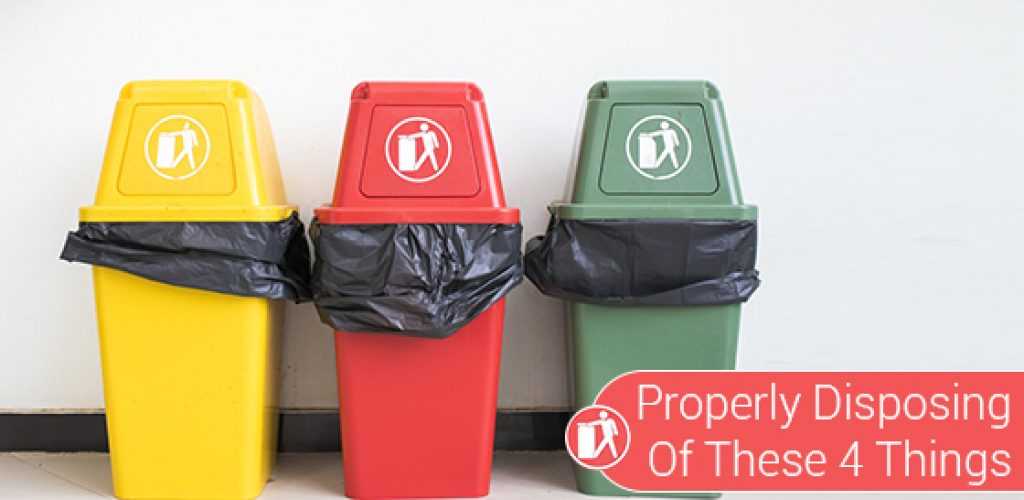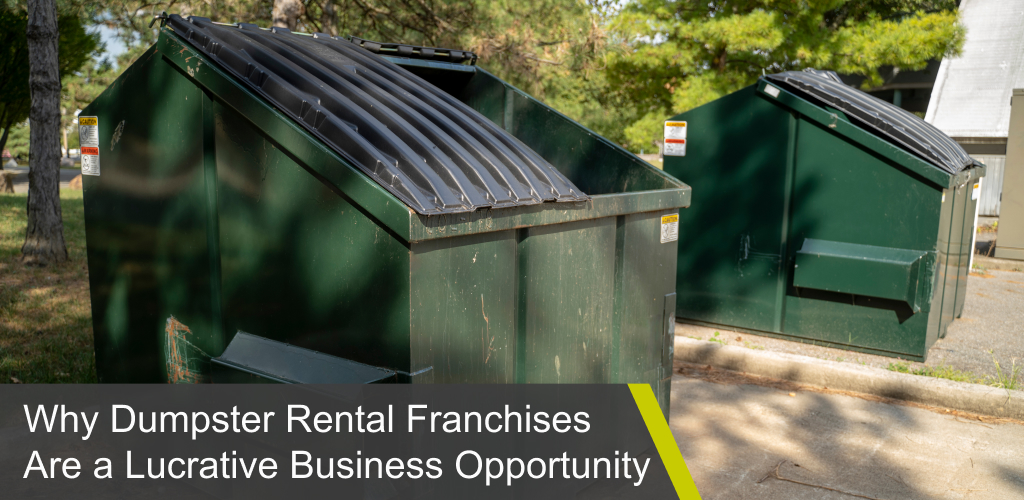Your Guide To Disposing Of 4 Tricky Items

The arrival of the warm weather marks the perfect time for purging your home of things that your family hasn’t been using, and things that have outlived their shelf lives. Some things, however, need to be disposed of in the proper manner, using the proper garbage containers. Here is a list of items which should be given special consideration when being disposed of.
1.Cooking Oil and Grease Products
When oily products of any kind are flushed down the toilet or down the sink, they can be the cause of a myriad of problems to not only your own plumbing, but to city sewers as well. When grease cools and hardens, it sticks to pipes. Over time, grease can clog up the entire works. Adhere to the following three suggestions to responsibly dispose of grease products in your home.
- Wait until the oil cools down and hardens, then scrape it from dishes, pots and pans, grills, and any other cooking surfaces.
- Green bins can house small volumes, as long as other material soak it up.
- Sizeable amounts should be housed in garbage containers labelled “cooking oil” and brought to household hazardous waste depots in your community.
2. Batteries
Batteries contain hazardous materials and should be properly disposed of. Don’t just throw them into your garbage containers. There are several types of batteries, many with their protocols for disposal. Here are some general guidelines for getting rid of your old batteries.
- Alkaline and Button—check your municipality for guidelines. The safest method is to include them in hazardous waste disposal collection. Affix some masking tape on the ends of 9V alkaline batteries and rechargeable batteries with exposed terminals, since they can be a fire hazard;
- Lithium—these are used in small appliances and often in cell phones. They are listed as being non-hazardous and are taken at battery recycling centers.
- Automobile—car batteries contain sulfuric acid which is extremely corrosive. Most retailers will get rid of your old car battery. If not, most metal recycling depots will buy them for scrap.
3. Paint Cans
Paint cans are accepted by recycling programs and should never be included in garbage containers. Whether full, half full or empty, paint cans should be taken to a depot that participates in the ReGeneration program. Check your municipality for locations. Cans should be sealed tightly and have their original labels on them.
4. Nail Polish and Remover
These are considered household hazardous chemicals and should be taken to a household hazardous waste disposal depot in your area.













